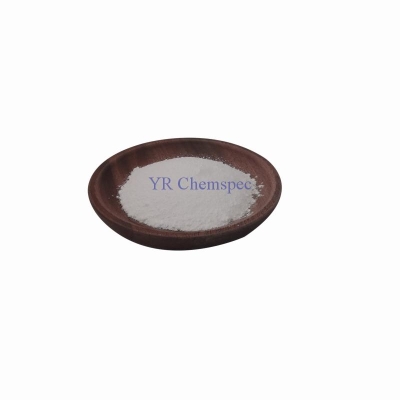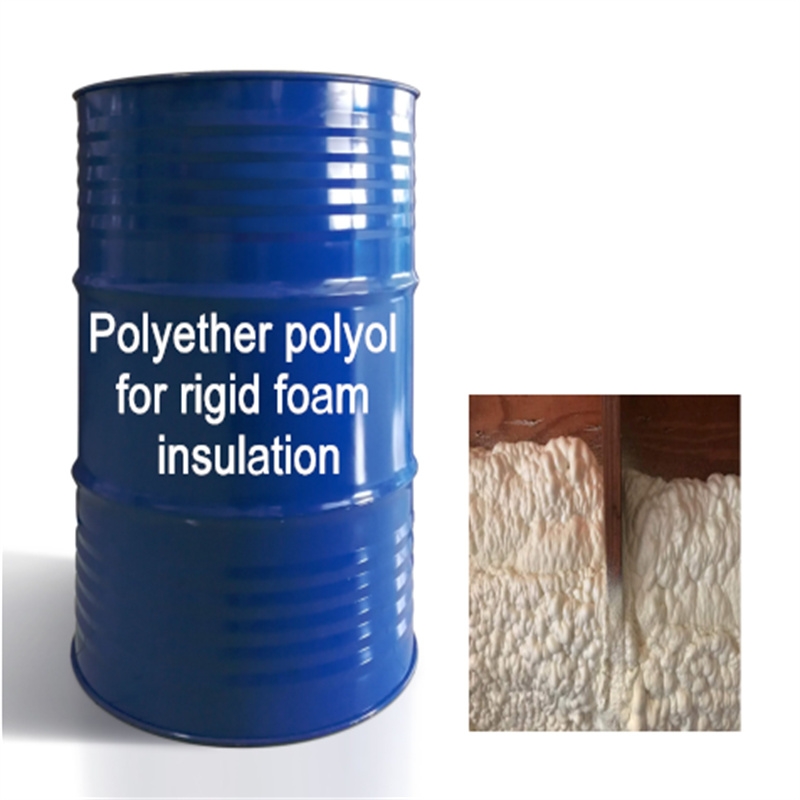-
Categories
-
Pharmaceutical Intermediates
-
Active Pharmaceutical Ingredients
-
Food Additives
- Industrial Coatings
- Agrochemicals
- Dyes and Pigments
- Surfactant
- Flavors and Fragrances
- Chemical Reagents
- Catalyst and Auxiliary
- Natural Products
- Inorganic Chemistry
-
Organic Chemistry
-
Biochemical Engineering
- Analytical Chemistry
- Cosmetic Ingredient
-
Pharmaceutical Intermediates
Promotion
ECHEMI Mall
Wholesale
Weekly Price
Exhibition
News
-
Trade Service
Recently, Wang Junfeng, a researcher at the High Magnetic Field Center of the Hefei Institute of Material Science, Chinese Academy of Sciences, and Zhang Teng, a professor at Fuzhou University, collaborated to prepare nano-scale borate bioactive glass (nano-HCA@BG) based on a steady-state strong magnetic field experimental device.
Glass not only greatly reduces the biotoxicity of borate bioglass, improves the biocompatibility of the glass, and significantly promotes the effect of borate bioglass on skin repair, and is expected to become the next generation of skin wound repair dressings
.
Related results were published in Chemical Engineering Journal
The skin is one of the most important organs in the human body.
Skin damage not only affects the physiological functions of the human body, but even endangers life and safety.
At present, the field of skin tissue repair has become a hot spot in biomedical research
.
Borate bioglass is a glass with boron (B) element as the glass network matrix and can achieve specific physiological functions.
In this study, the researchers innovatively used the flow relative melting method to prepare micron-scale borate bioglass for in vitro pretreatment, and finally obtained nanoscale (~50nm) borate bioglass with an amorphous HCA layer on the surface.
(Nano-HCA@BG)
.
During the treatment process, the ions (PO 4 3- and CO 3 2- ) in the mobile phase will be deposited on the surface of the glass to form an amorphous HCA layer, which effectively inhibits the rapid release of boron and calcium in the remaining glass, thereby reducing the glass It is biologically toxic to cells
4 3- 3 2-
The results of in vitro degradation experiments, cell experiments and animal experiments show that compared with the existing 45S5 @ , Hydroxyapatite and micron-sized borate bioglass, the slow- released boron calcium and other elements of nano-HCA@BG are not only effective in accelerating the wound.
The migration of cells also up-regulates the expression of vascular-related growth factors in the wound
.
In addition, the amorphous HCA layer on the surface of the glass not only reduces the rapid release of the glass, but also promotes the deposition of collagen in the wound, which in turn promotes the healing of the wound more quickly
@
This research was supported by the National Natural Science Foundation of China and a major project of the Ministry of Science and Technology
.
The wound healing process of a mouse skin defect model
.
(A) Different control group and Nano-HCA@BG mice skin wound healing images on the 0th, 1, 3, 5, and 7 days (the unit scale of the ruler in the photo is 1mm), (B) the corresponding wound healing of mice Statistical results







